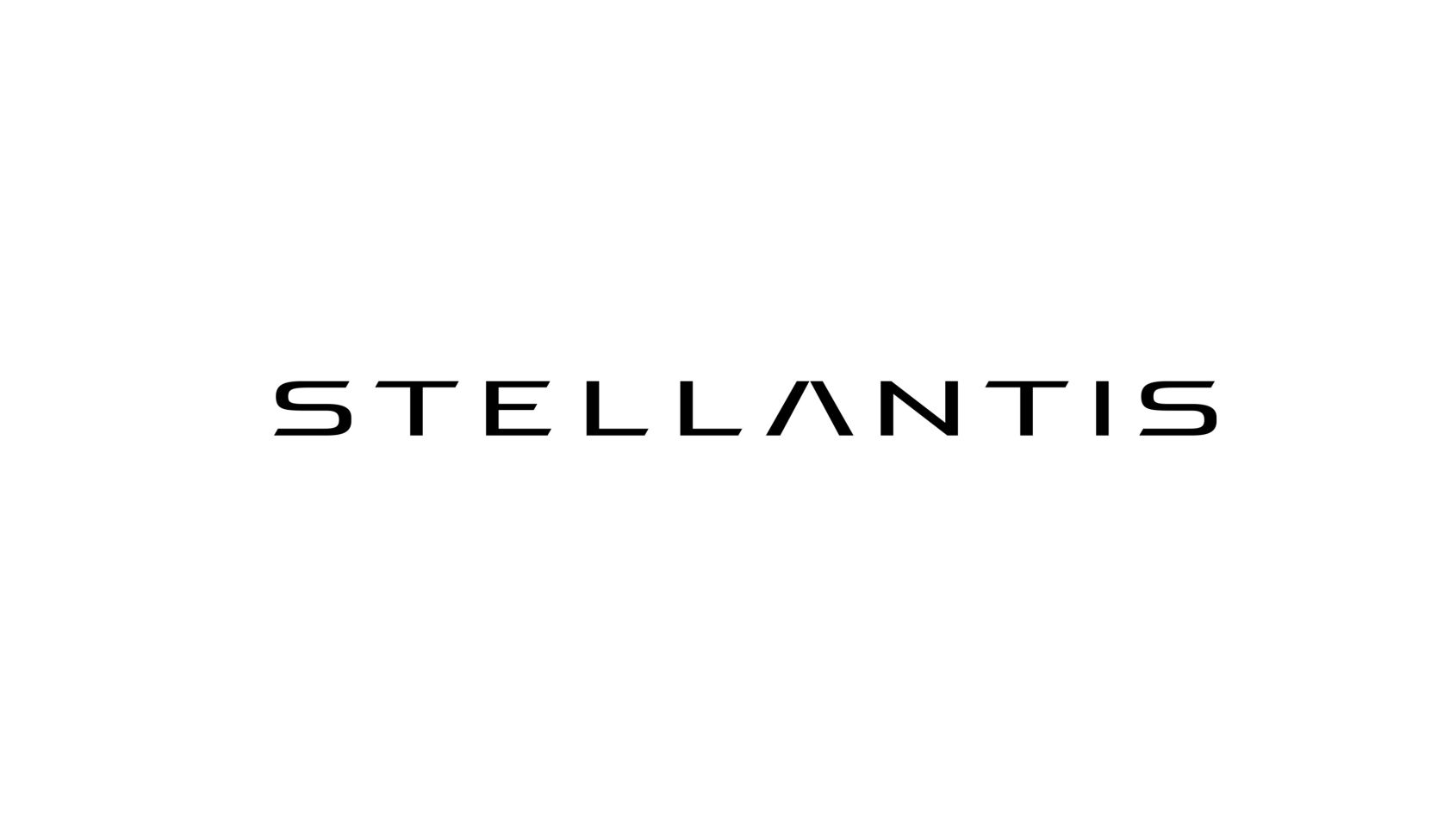Stellatnis says it cannot follow parts sourcing rules, introduced through Brexit, which add hefty tariffs.
Stellantis has urged the UK government to renegotiate part of its Brexit deal with the EU so it can avoid vehicle factory closures, which would result in the loss of thousands of jobs.
The French car giant, which is the fourth biggest car maker worldwide and owns Vauxhall, Peugeot, Citroën and Fiat among other key brands, says it cannot follow parts sourcing rules introduced through Brexit.
Updated legislation, which is due to come into force in 2024, means that 45% of the value of an EV produced should come from the EU or the UK to qualify for trade without tariffs.
In an enquiry submitted to the Department for Business, Energy and Industrial Strategy, Stellantis asked for the date to be extended to 2027. It also described the rules as “a threat to our export business and the sustainability of our UK manufacturing operations.”
The company said: “If the cost of EV manufacturing in the UK becomes uncompetitive and unsustainable, operations will close.”
Stellantis was due to start production of its electric van line-up – including the Vauxhall Combo Electric, Peugeot e-Partner and Citroën e-Berlingo – at its Ellesmere Port factory this year.
The Cheshire-based factory has been used by Vauxhall for more than 60 years and has made over 5.2 million vehicles. It first produced the Vauxhall Viva in 1964 and was the base for the popular Vauxhall Astra hatchback until last year.
Stellantis also added that it would invest elsewhere if changes were not made and cited Honda, which exited its Swindon plant in 2021 after 36 years.
National production of the Honda Civic, Honda Jazz and Honda CR-V was lost as a result of the closure, along with around 3400 skilled jobs.
“Manufacturers will not continue to invest and (instead will) relocate manufacturing operations outside of the UK, as seen with previously established UK manufacturers such as Ford and Mini,” Stellantis said.
The firm also cited logistical costs as a reason to negotiate, as well as the sustainability of its production facilities.
“If we source batteries from mainland Europe and China, as currently planned, our UK Stellantis plants will also be at a competitive disadvantage due to the higher logistics costs that we will face to transport the batteries from mainland Europe to the UK,” Stellantis said.
The lack of a battery infrastructure in the UK was also a point raised by the French car-making giant, a view shared by the Society of Motor Manufacturers and Traders in the UK.
Stellantis said: “If we are unable to rely on sufficient UK or European batteries, we will be at a major competitive disadvantage. In particular against Asian imports. We need to reinforce the competitiveness of the UK by establishing battery production in the UK.”
Speaking to the BBC, Labour leader Sir Keir Starmer echoed the firm’s concerns about supporting the UK’s domestic automotive industry with an improved Brexit deal.
Starmer said: “We’re not going to re-enter the EU. We do need to improve that deal. Of course, we want a closer trading relationship. We absolutely do.
“We want to ensure that Vauxhall and many others do not just survive in this country but thrive because there are jobs bound up, there are families watching this morning either employed by Vauxhall or a similar place who are deeply worried about what this means.”
Stellantis bosses are due to meet UK business secretary Kemi Badenoch today for discussions, and a government spokesperson has said the issue has been raised with the EU.




